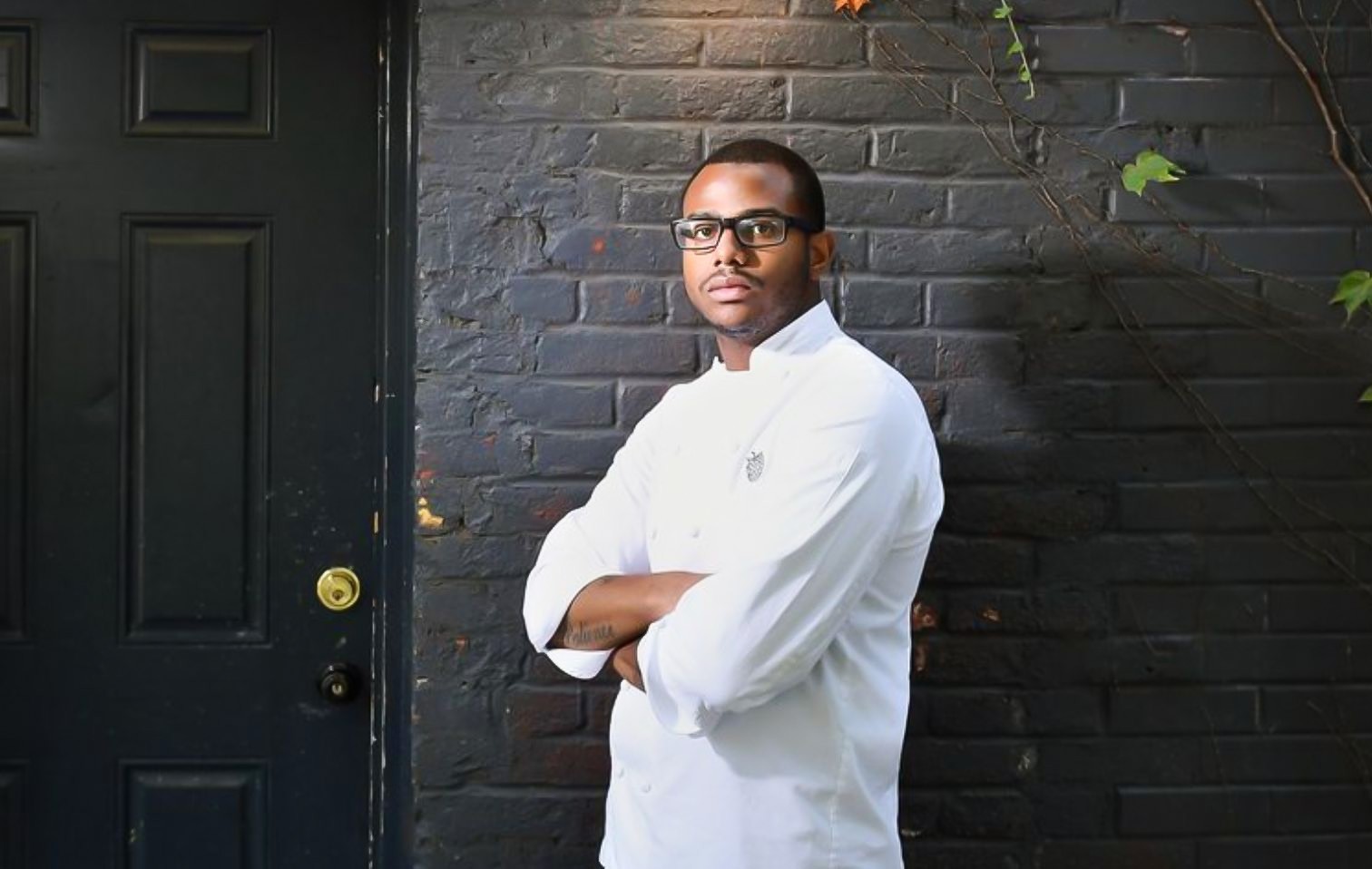Before ascending to the Olympus of American chefs, Kwame Onwuachi had an adventurous and at times disastrous life, from drug problems to the failure of his first restaurant. "For me, success is being able to do what I love, one day at a time. It's not about money or awards," is the lesson he learned.
The story
From 2015 onwards, Kwame Onwuachi's career resembles a triumphant ride: he impressed as a contestant in the thirteenth season of Top Chef, then as a judge on the Bravo show. In 2019, he received the James Beard Foundation's Rising Star Chef of the Year award, and in 2023, his restaurant Tatiana, located at the Lincoln Center, ranked first among New York restaurants according to Pete Wells in the New York Times. Meanwhile, he wrote a bestseller, Notes from a Young Black Chef, soon to be a film, and a cookbook, "Recipes from a Young Black Chef." Not to mention a year as Rihanna's private chef and a scholarship in his name at the Culinary Institute of America.
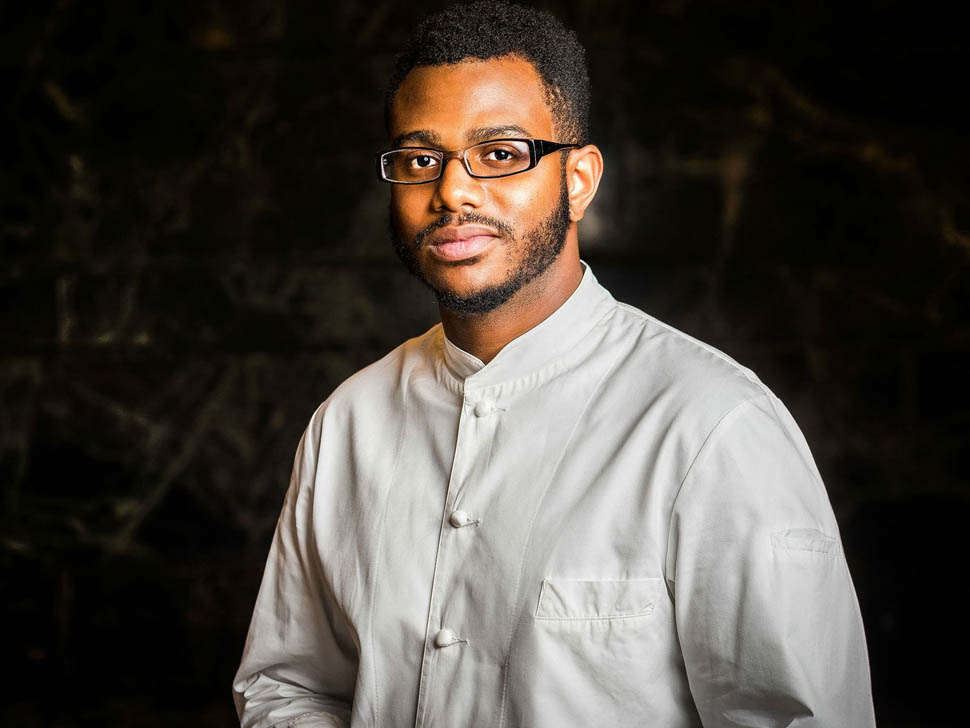
Before that date, however, there were adventures and misadventures. Raised in the Bronx and introduced to cooking by his mother, who immediately put him to work in her catering business, Onwuachi had discipline problems in his youth before spending two years in a Nigerian village with his grandfather, a professor of Pan-African studies. There, he intimately familiarized himself with food, raising his own poultry. "Not everything comes in a cellophane package; there's a life behind it," he realized, telling his life to Robb Report.
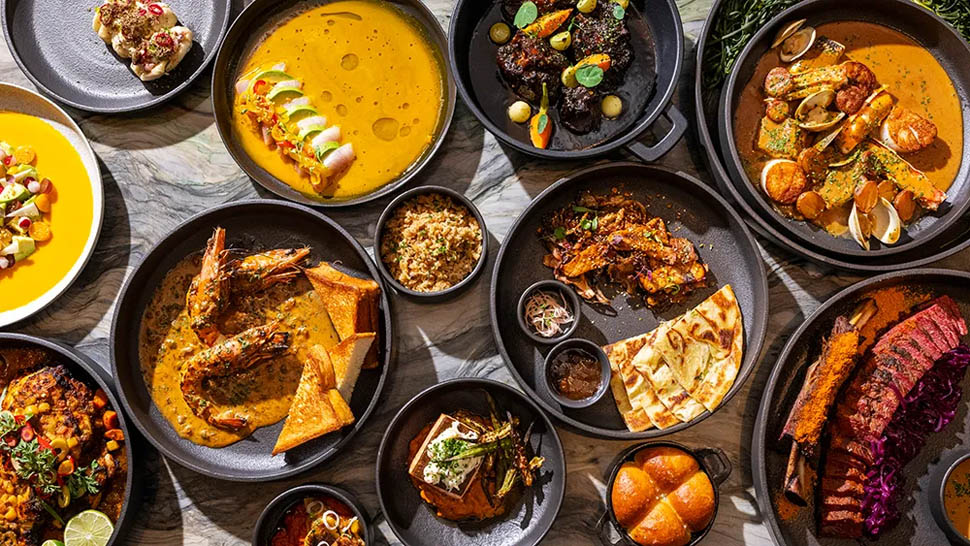
Above all, he learned to observe the world with an anthropological perspective, which he now applies in the kitchen, blending American cuisine and even Bronx street food with African and Jamaican nostalgia. Upon his return, after a crying crisis at KFC and a job at McDonald's, he spiraled into addiction, leading to his expulsion from university. But he also sold candies in the subway and was a clumsy barista with a coffee machine. It wasn't until the election of Barack Obama in 2008 that he realized his redemption was possible.
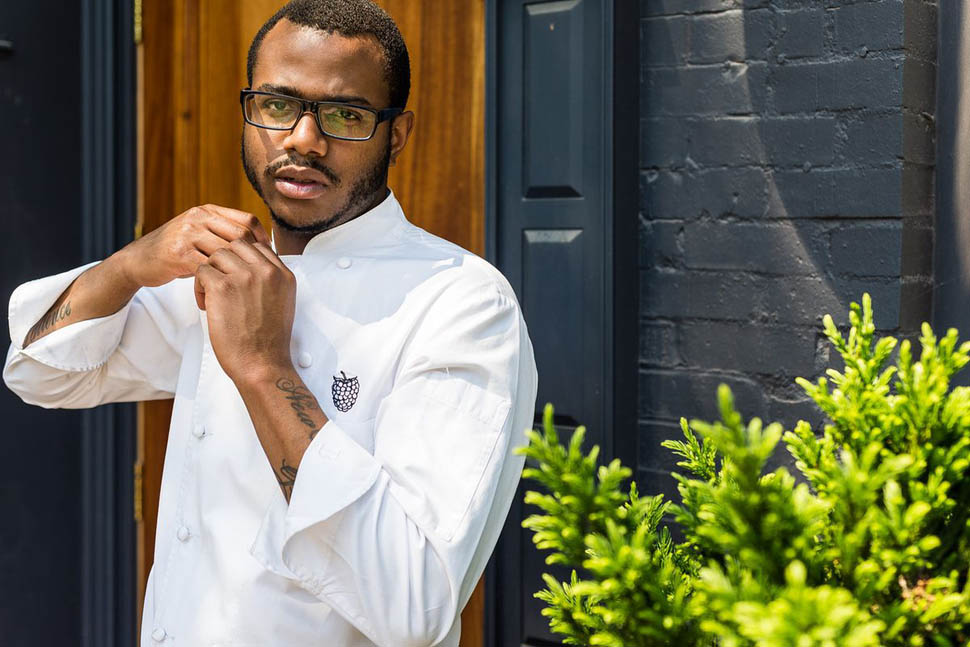
He used his first earnings to graduate from the Culinary Institute of America, after which he interned at Eleven Madison Park and Per Se, where he developed an understanding of the racism embedded in the industry. "It's something I face every day. There's always this reminder of the color of my skin, regardless of the circumstances. It's still there. But I don't let it get to me; in fact, I feel even more motivated. I embrace my blackness more than ever."
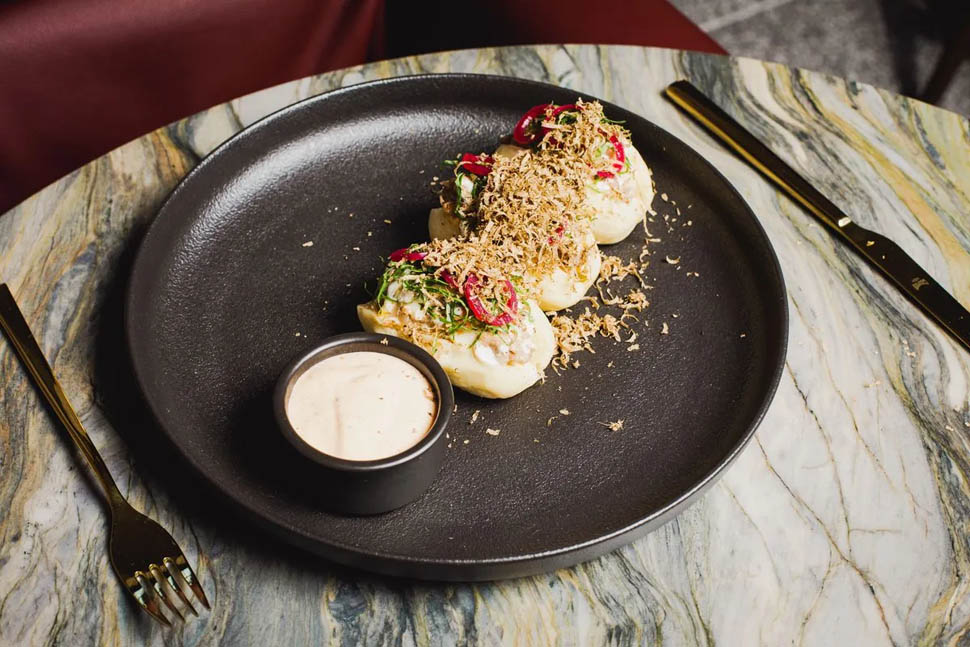
Even his first restaurant, Bijou in Washington, was a failure, but today everything has changed. "For me, success means being able to do what I love, one day at a time, and make a living from it. It's that simple. When I was a line cook, I felt successful. It's not about money or awards; those are superficial things. Tatiana is something deeply intentional, in the sense that I am from New York, and I am coming back home. It's my love letter to the city."
